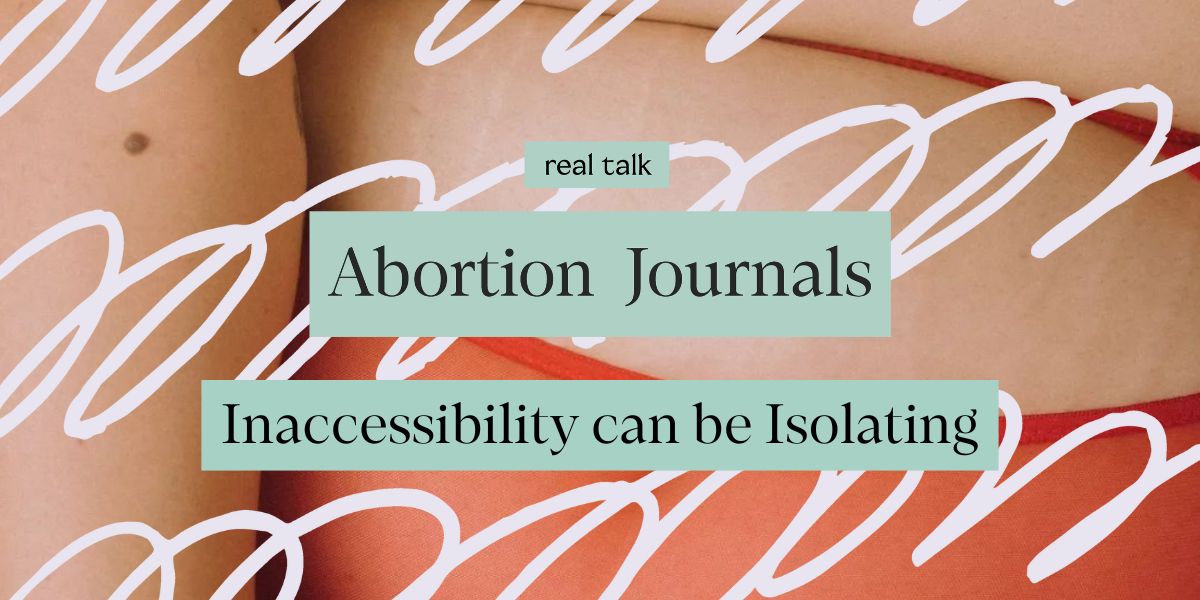How effective is the morning-after pill?

If you had unprotected sex, or you’re not sure whether your birth control method worked, you may be wondering what you can do to prevent pregnancy. If you’re looking to prevent unintended pregnancy, an emergency contraceptive may be able to help. We’ll discuss when to take the morning-after pill (a common form of emergency contraceptive), possible side effects, its effectiveness, and how to recognize whether it successfully helped prevent pregnancy.
What’s the morning-after pill? When should you take it?
The morning-after pill is an emergency contraceptive pill containing the hormone levonorgestrel, which can also be found in hormonal birth control pills. Sold under various brand names, including Plan B, My Way, Take Action, AfterPill, levonorgestrel emergency contraception works to prevent pregnancy by delaying or preventing ovulation, which can help to prevent fertilization (where sperm unites with the egg). This type of morning-after pill is available over the counter without a prescription from a doctor. Someone of any age or gender can purchase this type of morning-after pill at a pharmacy, drugstore, or retail superstore.
If you are using the morning-after pill with levonorgestrel, you will want to take one pill within 72 hours of unprotected sex to prevent pregnancy. This type of emergency contraception is most effective when you use it within the first 24 hours of unprotected sex, so it’s recommended that you take it as soon as you can.
And if you’re already pregnant, the morning-after pill won’t work because it does not terminate an existing pregnancy. This form of emergency contraception doesn’t cause a miscarriage or abortion, so speak with your primary care provider about your options if you are wanting to end an existing pregnancy.
Emergency contraception is also not intended to be your regular birth control method because it’s less effective than regular contraception and does not protect you from sexually transmitted diseases.
Why would I take the morning-after pill?
Reasons to take the morning-after pill include:
- Your regular form of birth control didn’t work
- You inconsistently use your birth control by missing a couple of pills, forgetting to put in the ring, or not wearing the patch
- Your partner didn’t pull out in time
- There is a condom or diaphragm mishap (it fell off, slipped out of place, or broke)
- You didn’t use any form of birth control
- You had unprotected sex unwillingly (make sure to get STD tests in this situation as well)
Levonorgestrel or any other form of emergency contraception is not recommended for you if you might already be pregnant, you’re allergic to any ingredients, sensitive to the pill’s ingredients, or you’ve recently experienced abnormal vaginal bleeding.
Shop the article
What are other forms of emergency contraception?
Another morning-after pill is ella, which contains ulipristal acetate and can be taken within 5 days (or 120 hours) of unprotected sex. Ella requires a prescription from a doctor and is not available over-the-counter.
There's also the option of getting a copper intrauterine device (IUD) like Paragard placed as emergency contraception. This may be something to consider not only for emergency contraceptive reasons but also if you are interested in having a reliable form of regular birth control. The copper IUD works as emergency contraception by creating an unfavorable environment for sperm. Speak with your primary care provider about your options.
While they may have the same goal of preventing pregnancy, emergency contraception methods with levonorgestrel, ulipristal acetate, and IUDs work differently to prevent pregnancy after unprotected sex. Keep this in mind as side effects and efficacy may differ.
What are the side effects of taking the morning-after pill?
Most effects of taking the morning-after pill are temporary and usually short-term. The morning-after pill is considered to be a safe method of emergency contraception. Possible side effects include:
- Changes to menstruation (abnormal bleeding; the following period may be lighter or heavier than usual and may or may not be up to a week later than normal)
- Your next (few) period(s) may be more painful than usual
- Nausea or vomiting
- Breast tenderness
- Headache or dizziness
- Fatigue or generally feeling under the weather
- Abdominal pain or cramps
Nausea is one of the most common side effects. To help prevent this side effect, it’s recommended to take the morning-after pill with food. You may also be able to take some anti-nausea medications about half an hour before.
Ask your primary care provider if this is a safe option in your situation as taking multiple medications may cause problems. Considering whether the morning-after pill is right for you can also depend on what other medications you may be taking.
How effective is the morning-after pill?
The morning-after pill with levonorgestrel can be between 75-89% effective at preventing pregnancy if taken within 72 hours (3 days) of unprotected sex. The sooner you take it after unprotected sexual activity, the more effective it is. There are also certain medications and over-the-counter herbal supplements that can make the morning-after pill less effective, so it may be a good idea to discuss taking this pill with your primary care doctor, especially if you take other medications.
Emergency contraceptives may also be less effective if:
- You’re taking certain anti-seizure medications
- You’re taking certain heartburn medications
- You’re using certain antibiotics (Rifampin) or antifungals (Griseofulvin)
How do you know if the morning-after pill worked?
Follow the instructions that come with the brand of morning-after pill you use. Ask your primary care provider if you should take another dose if you vomit within 2 hours of taking it. You won’t know for sure whether the morning after pill worked until you get your next period. If you don’t get your period within three or four weeks, take a pregnancy test.
Usually, you won’t need to contact your primary care provider after taking the pill. However, contact your doctor if:
- Bleeding or spotting lasts for more than a week after taking an emergency contraceptive.
- You develop severe abdominal pain three to five weeks after taking the pill.
- Your next period is shorter or lighter than usual.
- You’re concerned the morning-after pill was ineffective.
Have questions? Reach out at hello@getstix.com for more info.
Keep Reading

What's the deal with pulling out?
Feb 28

How effective are condoms?
Jan 19

Female condoms 101: What you need to know
Dec 18













